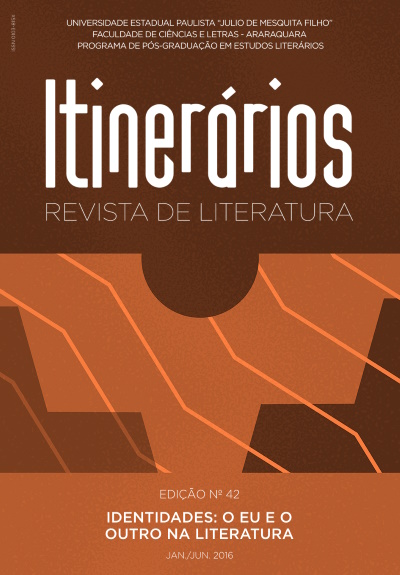Maryse Condé and Tituba Indien: wiches of the imaginary
DOI:
https://doi.org/10.58943/irl.vi42.9706Keywords:
Identity, Alterity, Magic realism, Witch, Stereotype,Abstract
The present paper aims at analyzing the book I, Tituba, black witch of Salem, by Maryse Condé. The book encourages a reflection on how supernatural forces/ witchcraft – which in the book, are represented by the character of the witch, in her transgressive and inquisitive character, mainly towards mechanisms of power (present in Magic Realism) and the dramatization of the “self” (present in that “posthumous autofiction”) – contributed to upset and destabilize the socially imposed identity of the narrator. This identity is constructed on the basis of stereotyped representations (slave, black, female, witch, etc) so as to give voice to the subjective narrator, through fresh and unusual constructions of both subjective and identitary value.
Downloads
Published
Issue
Section
License
Os manuscritos aceitos e publicados são de propriedade da revista Itinerários. É vedada a submissão integral ou parcial do manuscrito a qualquer outro periódico. A responsabilidade do conteúdo dos artigos é exclusiva dos autores. É vedada a tradução para outro idioma sem a autorização escrita do Editor ouvida a Comissão Editorial.

